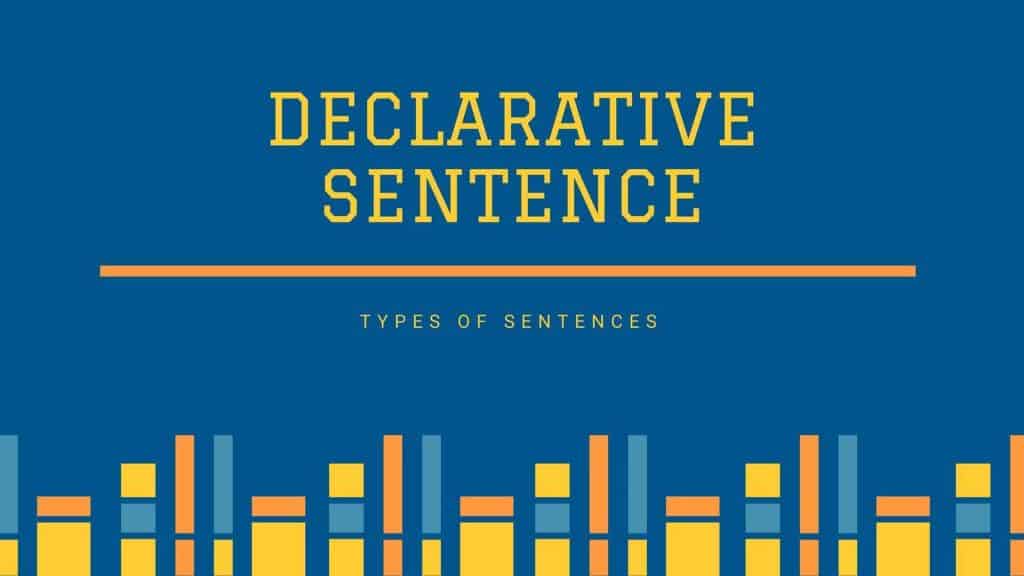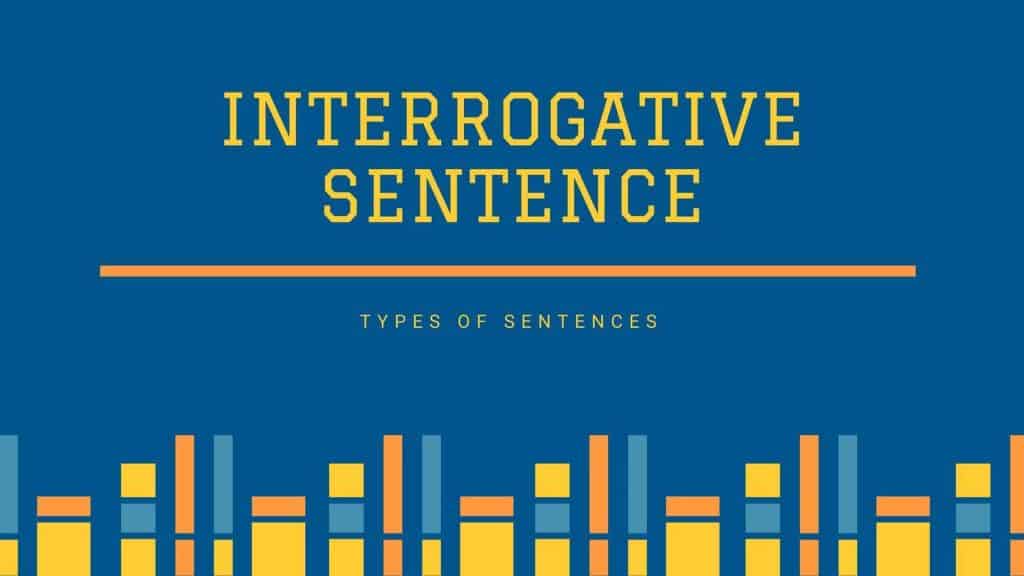Exclamatory Sentence
We have already learnt that based on the functions they perform, there are four types of sentences in English language and exclamatory sentence is one among them. In this post we shall learn about exclamatory sentences in much more details.
What is an exclamatory sentence?
Exclamatory sentence is a sentence that conveys strong emotions, like sorrow, astonishment, delight, despair, fear, scorn, disgust, excitement, anger, surprise, or happiness. While speaking we can express such emotions via suitable intonations. But while writing, obviously, this is not possible. Therefore, for this purpose, we take the help of the punctuation mark, exclamation mark. (! ).
An exclamatory sentence starts with a capital letter and ends with an exclamation mark.
Examples:
- What a beautiful girl she is!
- What an intelligent idea it is!
- How lovely the flowers are!
- Oh, it is John!
- Why don’t you go yourself and see!
Differences between Interjection and Exclamatory sentence
An Interjection is one of the parts of speech, that expresses strong emotions of the speaker. In this respect it is like exclamatory sentence. Most of the interjections are followed by an exclamation mark. These words or phrases can stand alone. These can also be placed before or after a sentence. But they do not obey any of the grammar rules.
Example of interjection:
Alas!
Hello!
Oh dear!
Congrats!
Bless you!
Good Grief!
Hurrah!
Ouch
Well
To express a feeling, the interjections don’t require a subject or verb. They can stand alone. But with the help of interjections we can make exclamatory sentences. Exclamatory sentences are in fact declarative sentences expressing strong emotion, but always must obey grammar rules.
Constructing exclamatory sentences:
There are two ways to define exclamatory sentences.
- Based on their function.
- Based on their form.
Exclamatory sentences based on their function:
- Don’t you dare to shout at me!
- I simply adore roses!
- What do you think of yourself!
Exclamatory sentences containing “so”
- That pudding was so tasty!
- That boy is so arrogant!
- His words are so nasty!
Exclamatory Sentences Containing “Such:”
He was such a notorious criminal!
- Your mother is such a cook!
- This is such a delicious cookie!
Exclamation using phrase or short sentence
- Look out!
- Wonderful!
Exclamatory sentences based on their form:
In this case the sentences must begin with “what” or “how”.
When “what” is used, there can be a noun phrase with or without article, after “what”. The noun phrase generally has an adjective.
Examples:
- What a beautiful handwriting!
- What an elegant lady!
- What a beautiful girl!
- What foolish things we had done, during college days!
When we start with “how”, there can be an adjective or adverb.” How” can also modify a verb.
- How sour this mango is! (“adjective”)
- How sweet his songs are! (“adjective”)
- How beautifully he writes! (“adverb”)
- How elegantly she dresses! (“adverb”)
- How we enjoyed the college days! (“How” modifies the verb, “enjoyed”)
Exclamations using a phrase with “How” or “what”
- How lovely!
- What a beauty!
- What shining glasses!
Note: If the noun in the sentence is plural, we should use only “what”, not “how “. “What” can be used in either case.
Exclamatory sentences using interjections
We can make exclamatory sentences inserting interjections. But with them comma only must be used. Exclamation mark must come at last only.
- Fantastic, let’s go!
- Ouch, you are hurting me!
- Hurrah, we have won!
Exclamatory sentences with negative question form
Examples:
- Aren’t you excited! (How excited you are!)
- Isn’t he wonderful! (How wonderful he is!)
- Isn’t she smart! (How smart she is!)
Some special example of Exclamatory sentence
- I simply worship you! (shows admiration)
- I won’t allow you! (anger)
- What is going on here! (confusion)
We can make exclamatory sentences like the above to suit the occasion. While we speak, our intonation will help us to make the meaning clear, but when writing we must put the exclamation mark at the end.
Final words:
Although in everyday speech we use exclamatory sentences profusely, in writing we must use them only if necessary. That is, if you have to emphasize a point.
When you are writing an essay, or a report, you should not use exclamatory sentences at all, unless you have to quote somebody else’s sentences to make your point clear.


